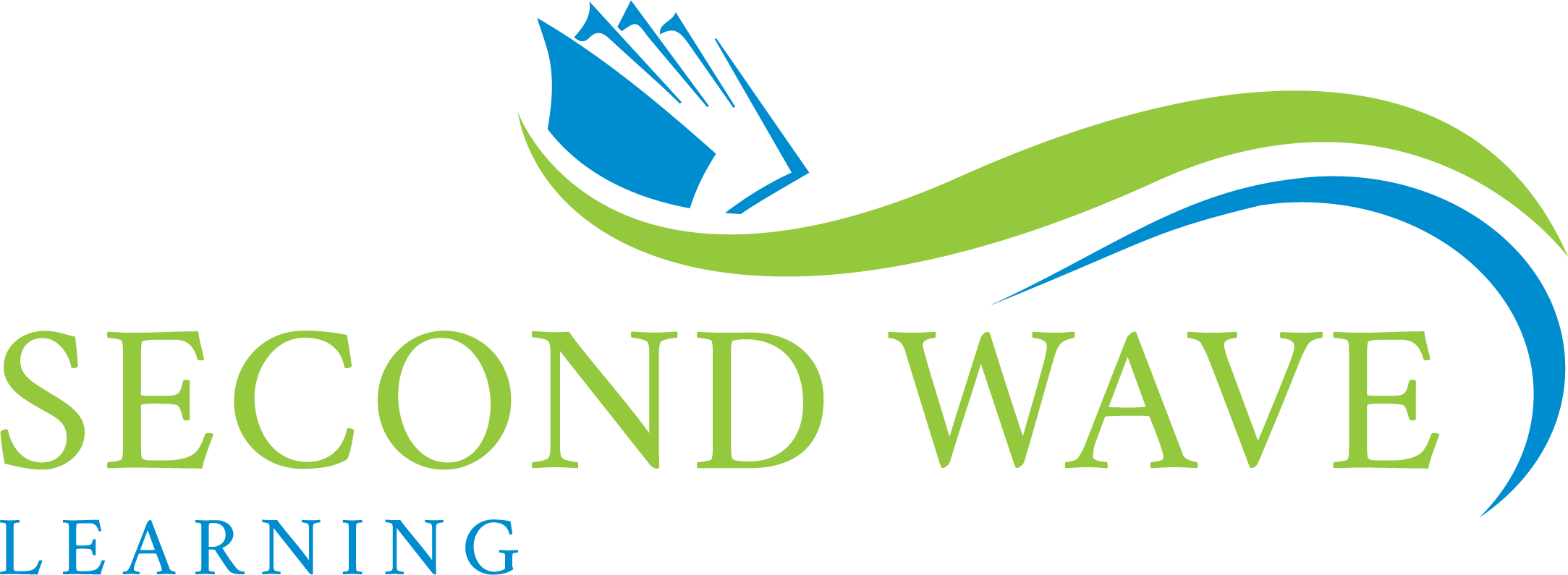March 2024
When tensions run high, it is better to acknowledge that things are difficult and not only focus on success. Leaders must be particularly mindful of how they communicate with their teams. In a recent global survey, 44% of employees reported they had experienced a significant amount of stress the previous day. Managers can mitigate this stress by providing context, being transparent, and not focusing too hard on the future. (Harvard Business Review)
When looking for a new career, Gen Z values higher salaries and promotion opportunities over work culture and job fulfillment. Only 61% of Gen Z consider work to be a part of their identity, and 83% label themselves as “job hoppers.” Feeling secure in a changing economy is important to this generation, so employers should be aware that they are likely to jump ship if their financial needs are not met. (Business Insider)
Managers are implementing lax “shadow policies” regarding work-from-home and return-to-office mandates, accepting that the written WFH and RTO policies will not be met by staff. Fully 79% of managers feel that their team is more productive working remotely or hybrid. Employers will do well by prioritizing the recruitment and retainment of talent over having a strict work schedule. (Worklife)
Younger workers are feeling disengaged from their organizations and managers, and the least engaged at work are older Millennials. Post-pandemic, these employees have trouble seeing a future for themselves in their current roles, as opposed to Boomers who prove to be steadily engaged. Managers can increase employee engagement by showing up on-site, providing personalized development plans, and offering flexible options to employees who must work in-person every day. (Gallup)
Gen Z and Millennial workers are feeling unproductive and unsatisfied due to a lack of support from their older bosses. Employees with managers who are 12+ years their senior are almost twice as likely to report feeling unproductive and three times as likely to be unsatisfied at work. Considering age in career development and addressing employees’ soft skills may help both sides gain satisfaction. (Fortune)
Despite differences in how they define success, both Boomer and Gen Z women recognize the importance of solidarity in shaping a more equitable future. While the former tends to measure success by salary, and the latter by a comfortable lifestyle, both understand that attentiveness to one another's experiences are essential for cultivating gender equity in the workplace. (Forbes)
A new law in New York City allows job applicants to opt out of AI-based resume scanning. While some see AI use as a means to mitigate potential bias, others fear the lack of a human perspective could hinder their chances of getting hired. Applicants must now face the additional stressor of weighing the pros and cons of skipping automated vetting. (The Wall Street Journal)
Gen Z is appreciating the tangibility of the paper dollar by “cash stuffing–” physically doling out money into several vessels as a way to budget life expenses. While this is not a new concept, 69% of Gen Z are using cash more than they did in 2022, suggesting that digital currency is making it more difficult to practice healthy spending habits. (Newsweek)
